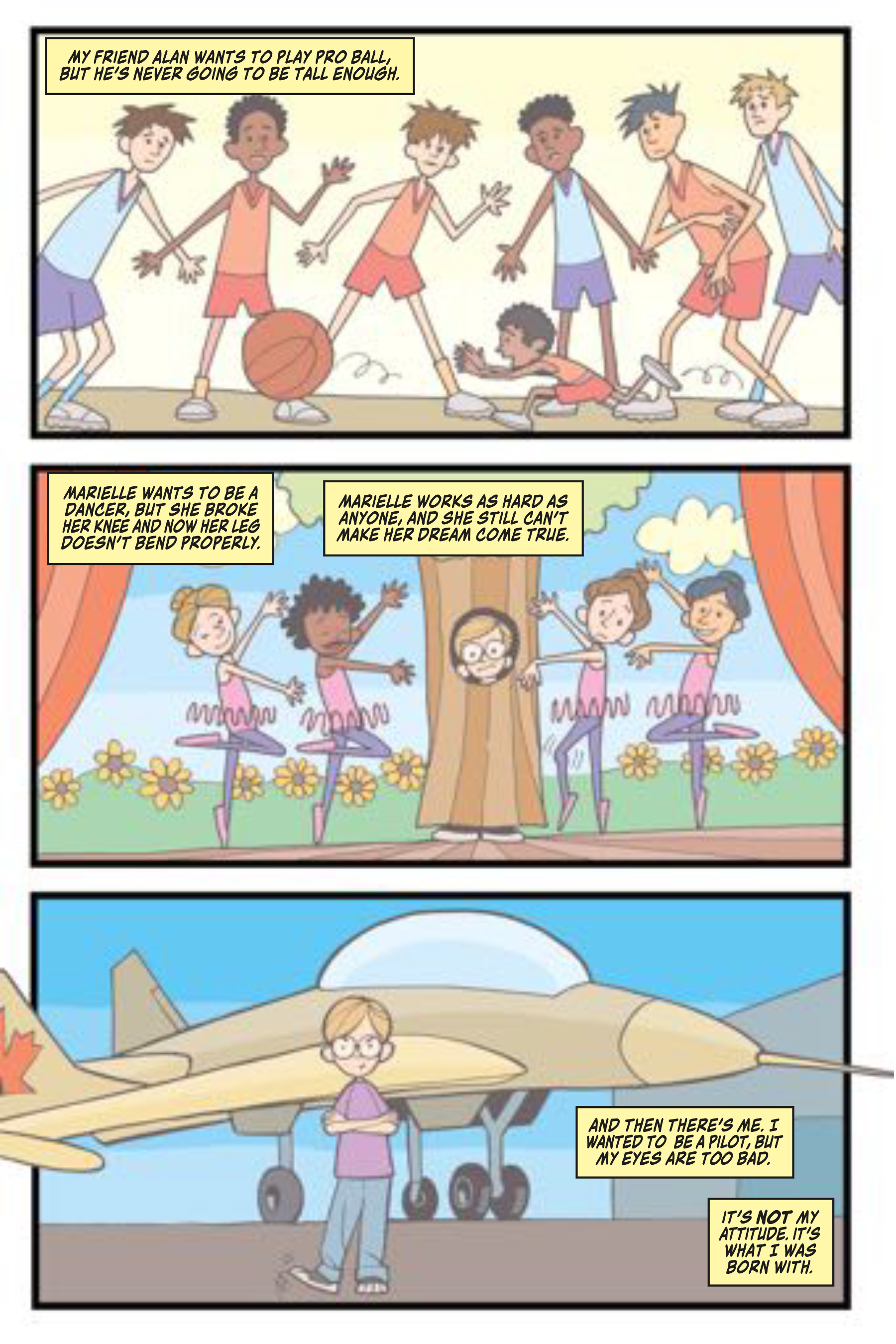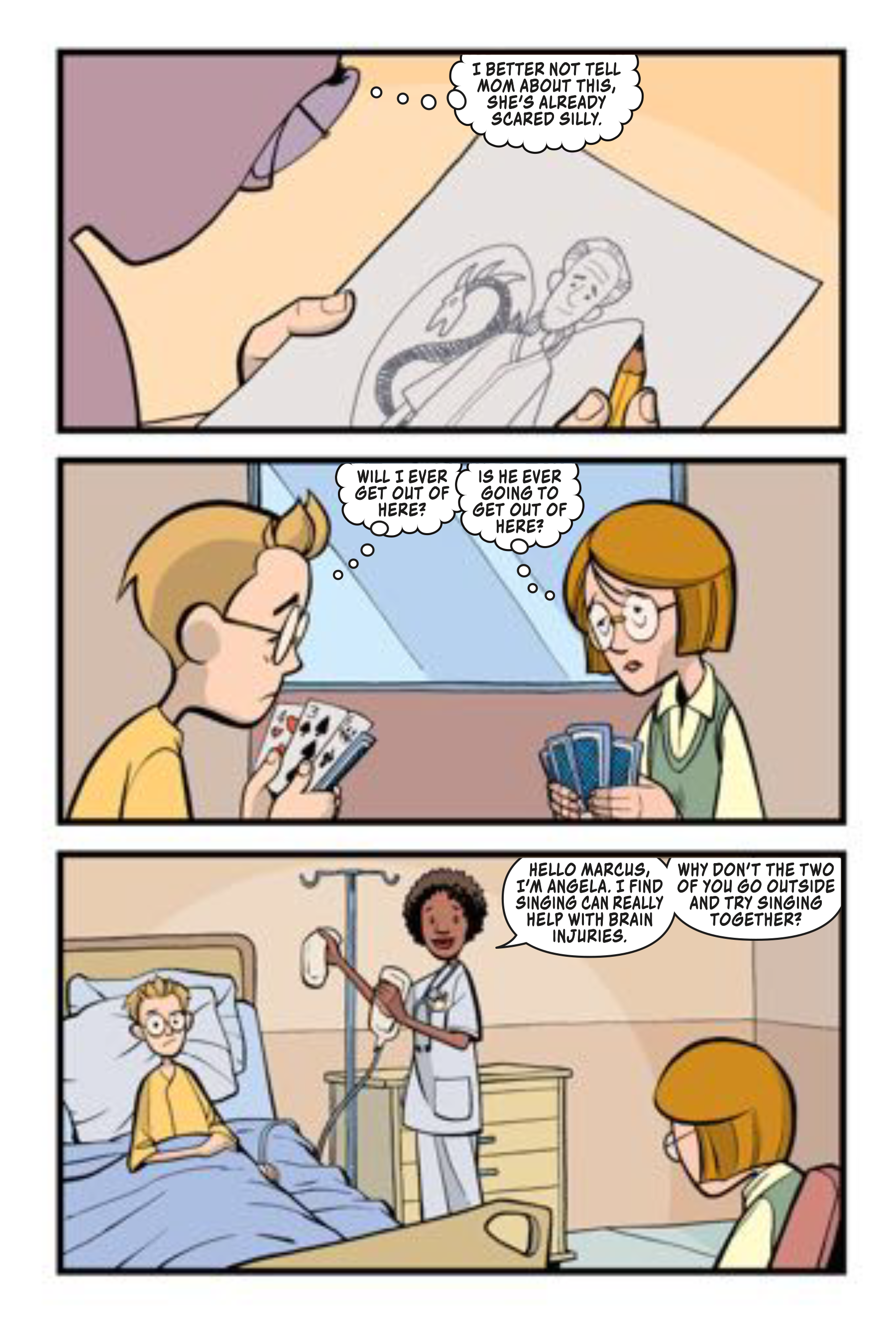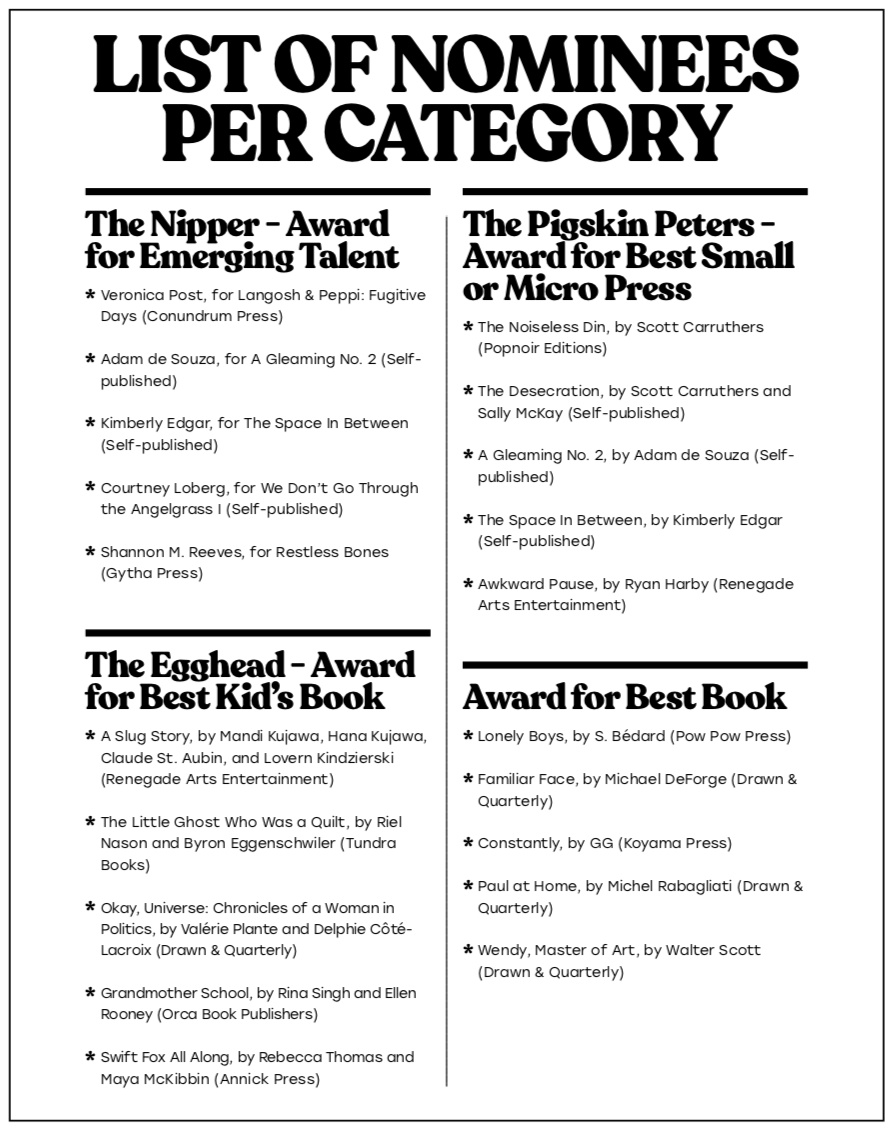The annual Doug Wright Awards returned again this summer, celebrating great works in Canadian cartooning. Broken Pencil is a proud sponsor for the 17th edition of this annual prize showcase. With guest appearances from multi-talented nominees from a variety of genres, the DWA marked the start of this year’s virtual exhibition at the Toronto Comic Arts Festival (TCAF).
Watch the complete award show on YouTube! Visit y2u.be/i7S7R63x7lM or scan below!

Get to know the winners below:
Doug Wright Award for Best Book
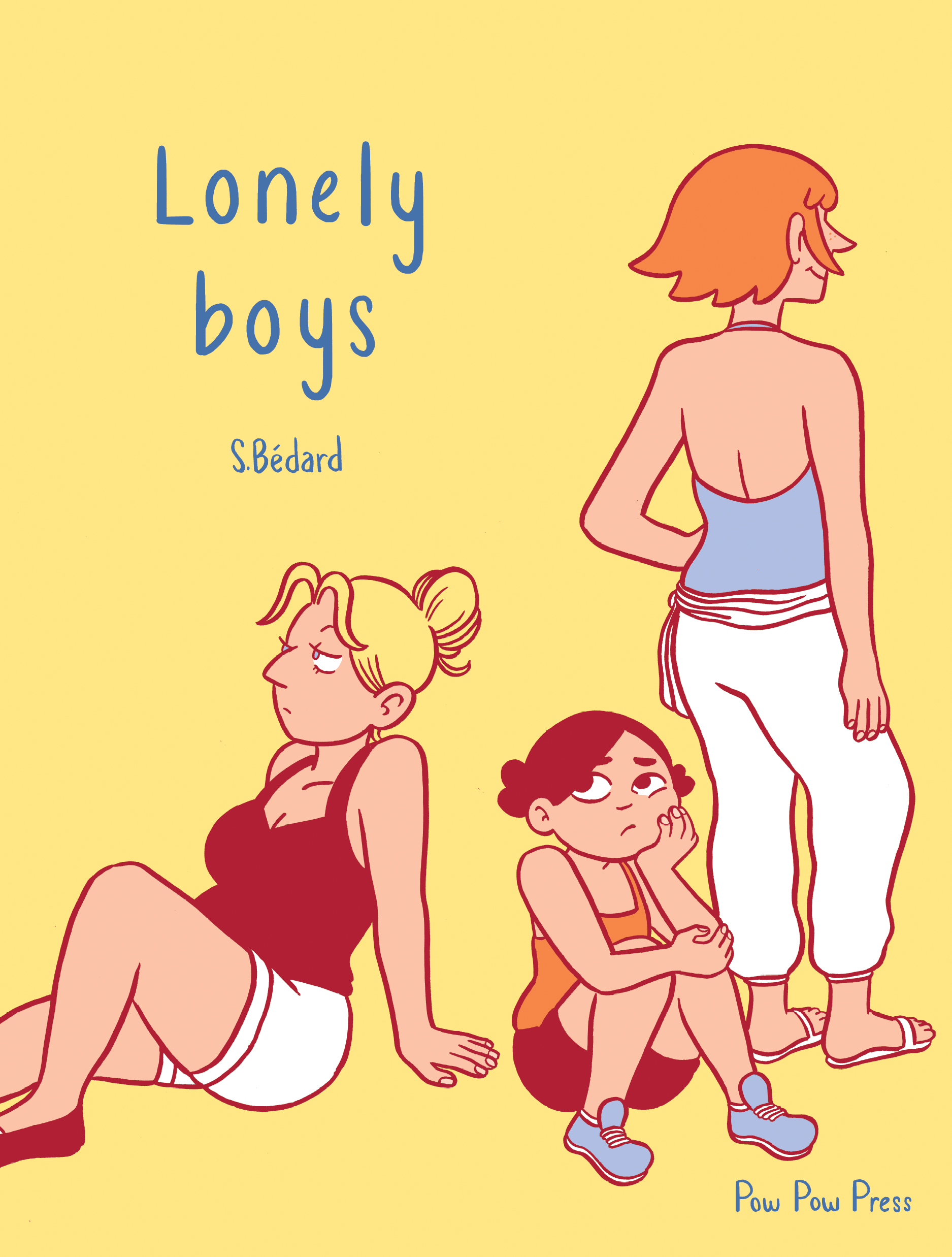
Lonely Boys
by SOPHIE BÉDARD
Pow Pow Press
Sophie Bédard’s Lonely Boys follows the relationships between roommates, exploring the heartbreak and challenges of friendship, sisterhood, and self-actualization. We asked her about how it came to be.
Broken Pencil: How was your experience at the Doug Wright Awards?
 Sophie Bédard: Hearing Margaret Atwood announce I was the winner while eating spicy noodles in my bed was a pretty surreal experience.
Sophie Bédard: Hearing Margaret Atwood announce I was the winner while eating spicy noodles in my bed was a pretty surreal experience.
I can’t help but feel melancholy not being able to attend in real life. Still, I’m pretty excited that Lonely Boys got some attention. Pow Pow Press is still new and unknown outside of Quebec, and they have edited some of my favourite books in the world. My wish is that English readers will be able to discover them as well.
What inspired you to create Lonely Boys?
The general theme of the book is friendship heartbreaks, being unable to truly connect with people you used to love. But it wasn’t clear to me when I first started to imagine it. At the beginning, it was just three to four characters. I did the designs and thought of their personalities and relations to one another. I let them live in my head for approximately four years before writing anything serious, and then I let them surprise me.
“Hearing Margaret Atwood announce I was the winner while eating spicy noodles in my bed was a pretty surreal experience.”
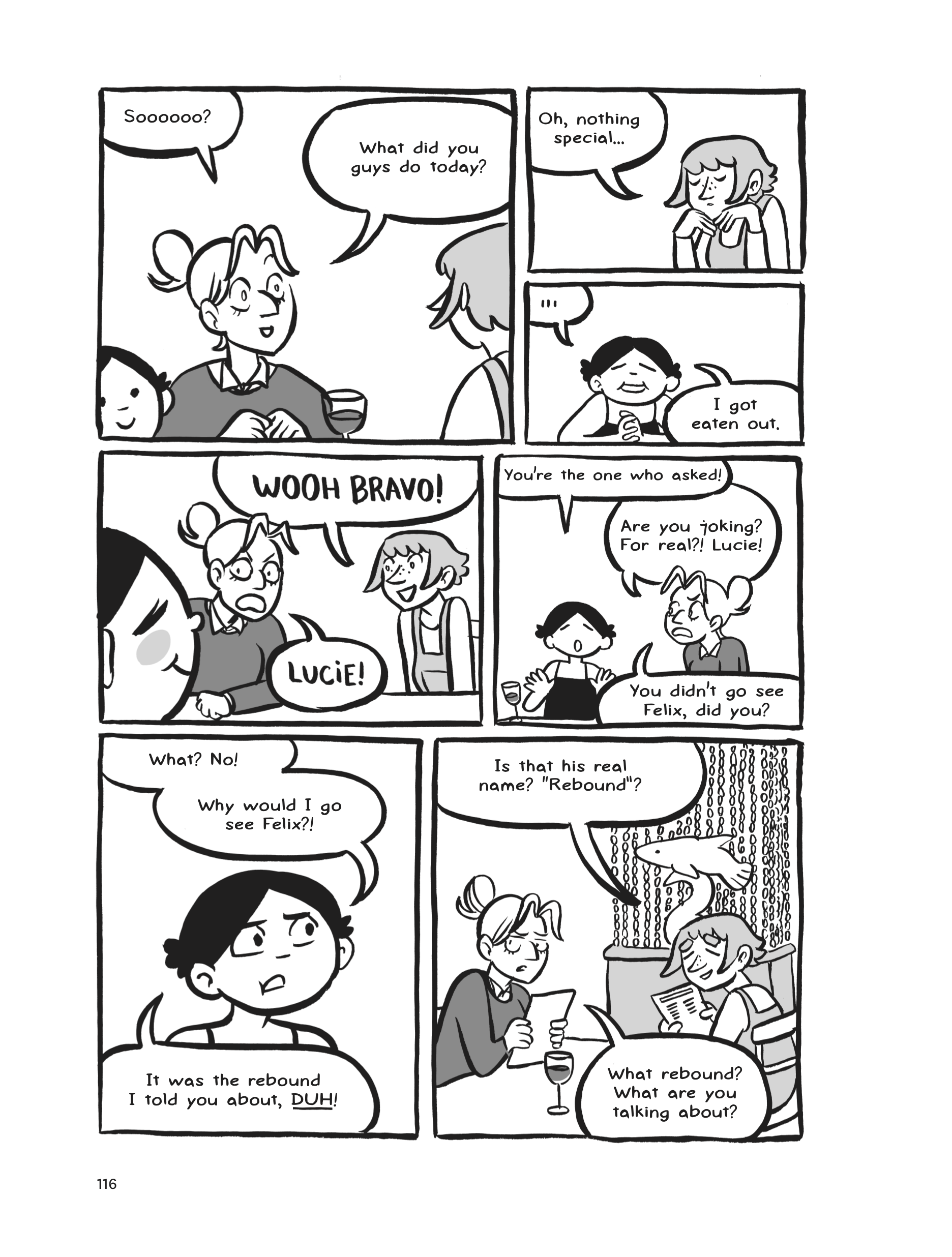
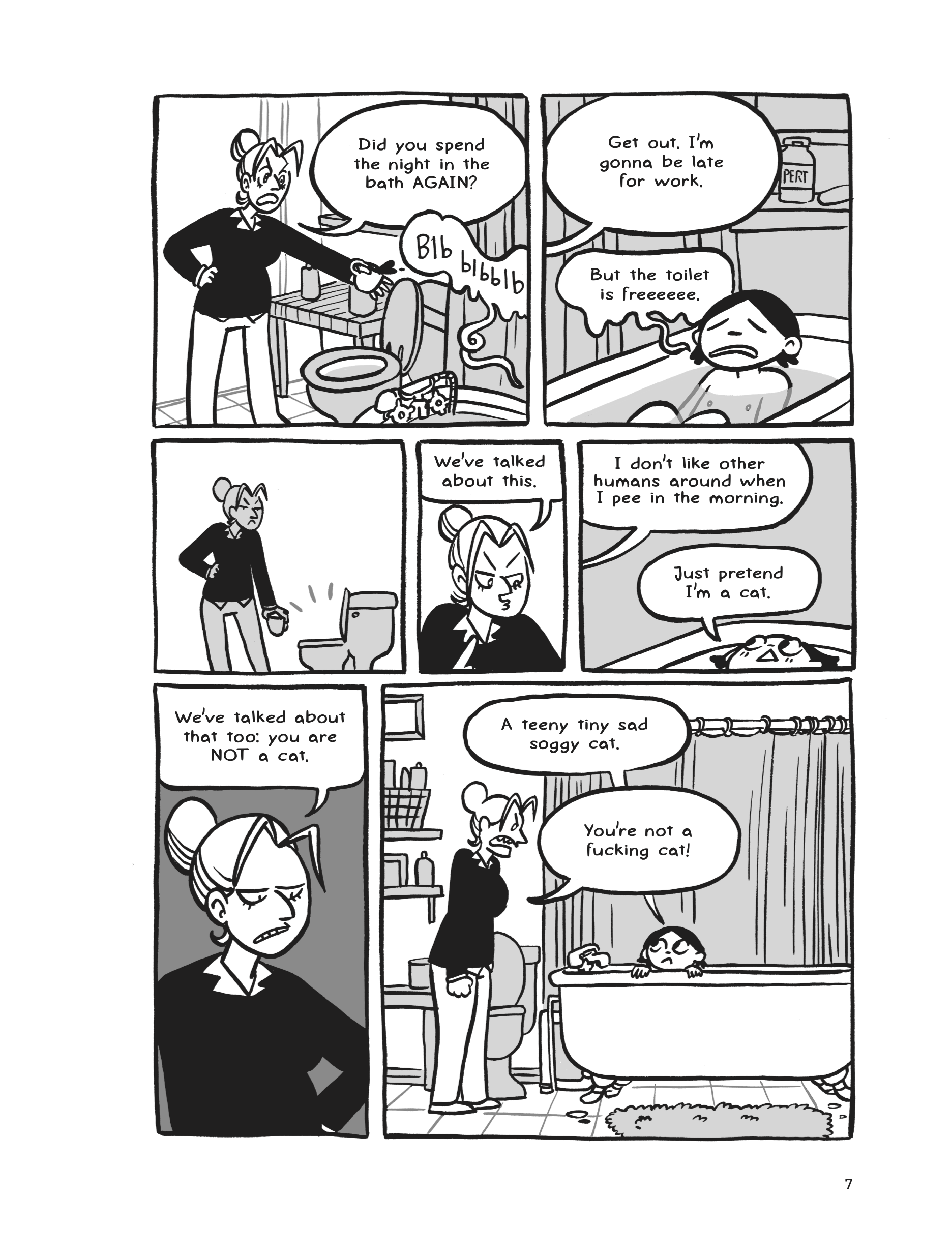
Pigskin Peters Award for Best Small or Micro Press Book
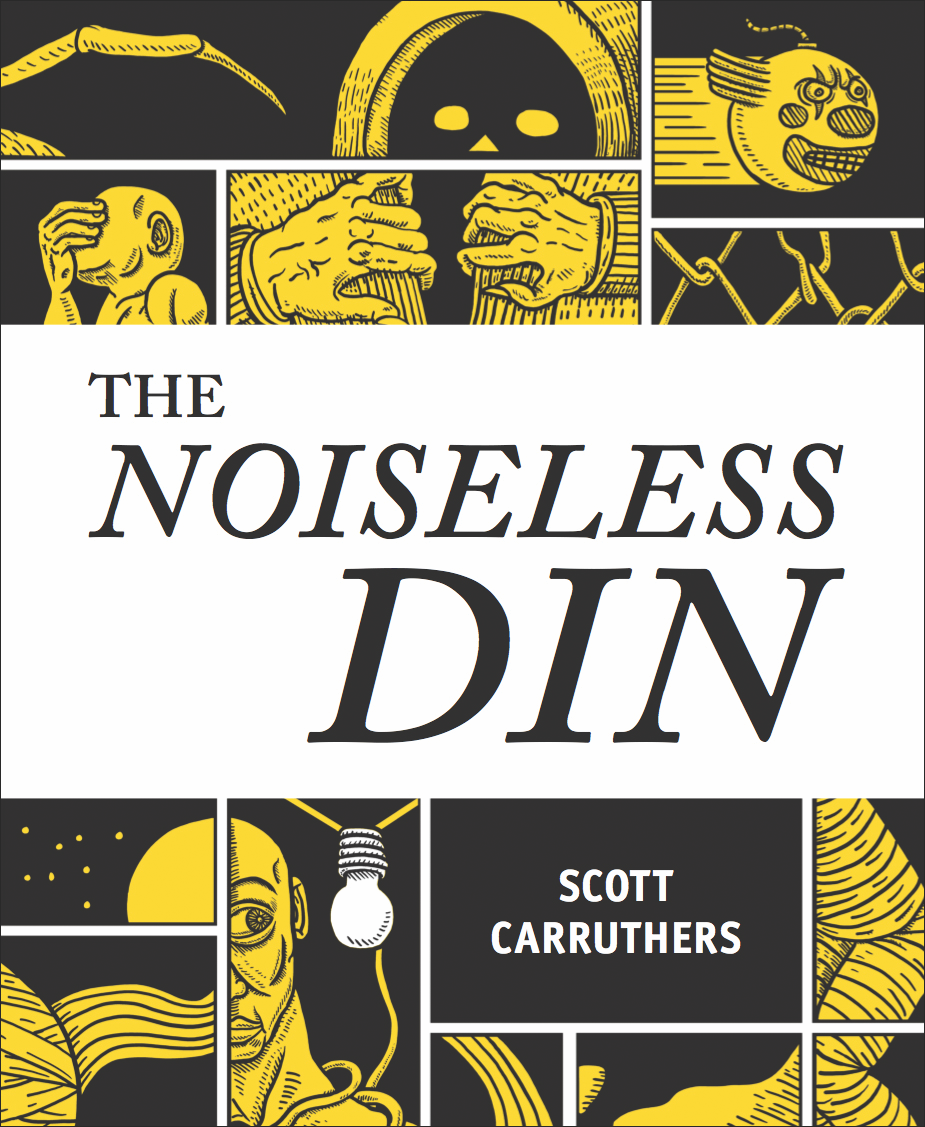
The Noiseless Din
by Scott Carruthers
Popnoir Editions
The Pigskin Peters Award recognizes the works of the best small or micro-press books. The winning book, The Noiseless Din, is a fractured and multi-dimensional treatise on consciousness and human history. We spoke to the author, Scott Carruthers, about his work and process.
How was your experience at the Doug Wright Awards?
 Scott Carruthers: Being a relative newcomer to the comic world, it’s a real honour and a total rush knowing that people have read and spent time with the book. When I was doing gallery-based art, there was sometimes a feeling that I was making art in a void. I would work on an installation for years, show it in a gallery for a month (many times in another city,) take it down, roll it up and start another. I really had little sense of who saw my work.
Scott Carruthers: Being a relative newcomer to the comic world, it’s a real honour and a total rush knowing that people have read and spent time with the book. When I was doing gallery-based art, there was sometimes a feeling that I was making art in a void. I would work on an installation for years, show it in a gallery for a month (many times in another city,) take it down, roll it up and start another. I really had little sense of who saw my work.
What informs your writing and drawing process, especially for this book?
My drawing process is unconscious and involves the use of chance. I simply attempt to draw each idea as it enters my mind. Stylistically, my work is influenced by Hardcore Punk posters and album art as well as the trashy black-and-white horror comics published by Eerie Publications, which I devoured regularly as a kid.
“When I was doing gallery-based art, there was sometimes a feeling that I was making art in a void.”
Where did The Noiseless Din come from?
For many years, my work has focused on narrative in one form or another. Video games, RPGs, board games, and Choose Your Own Adventure books all influence me because many of them employ narrative, albeit in indirect and interesting ways. I was attempting something similar in The Noiseless Din, a non-linear format whereby readers can start anywhere in the book and go in any direction.
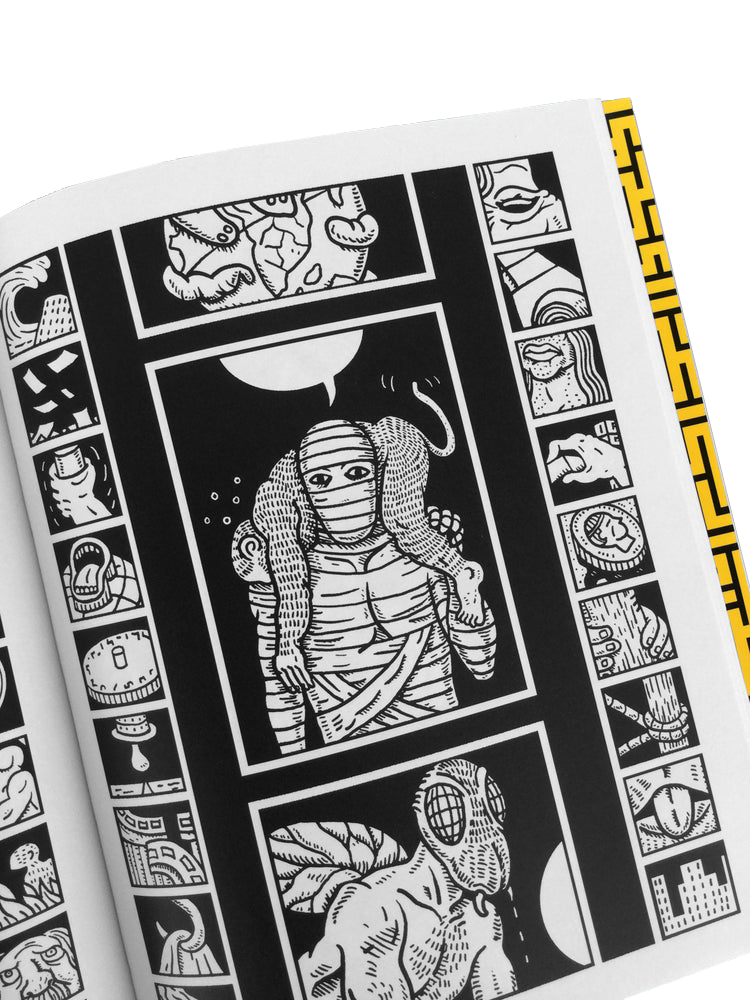
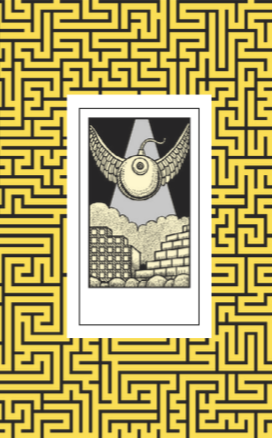
The Nipper Award for Emerging Talent
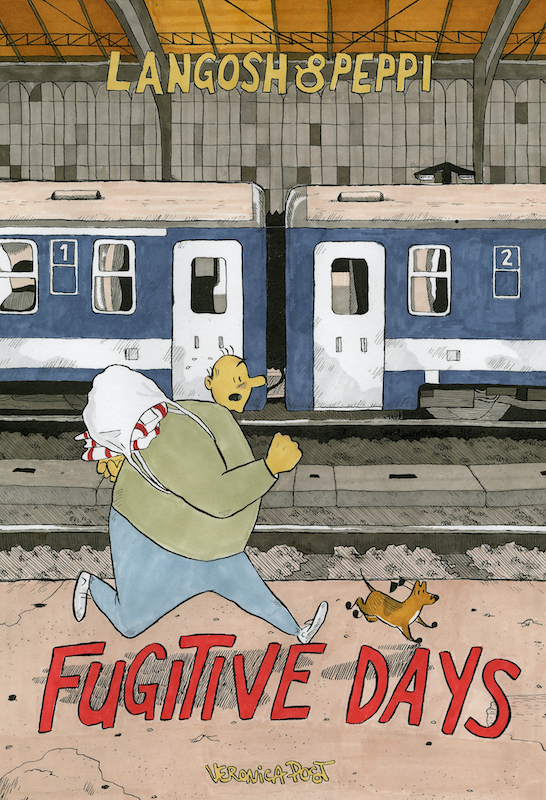
Langosh & Peppi: Fugitive Days
by VERONICA POST
Conundrum Press
Veronika Post’s debut graphic novel, and winner of the Nipper category, tells the story of the 2015 European migrant crisis in Budapest, Hungary, through the perspective of Langosh and Peppi, a vagabond and his faithful dog.
How do you approach your writing? What inspires your style?
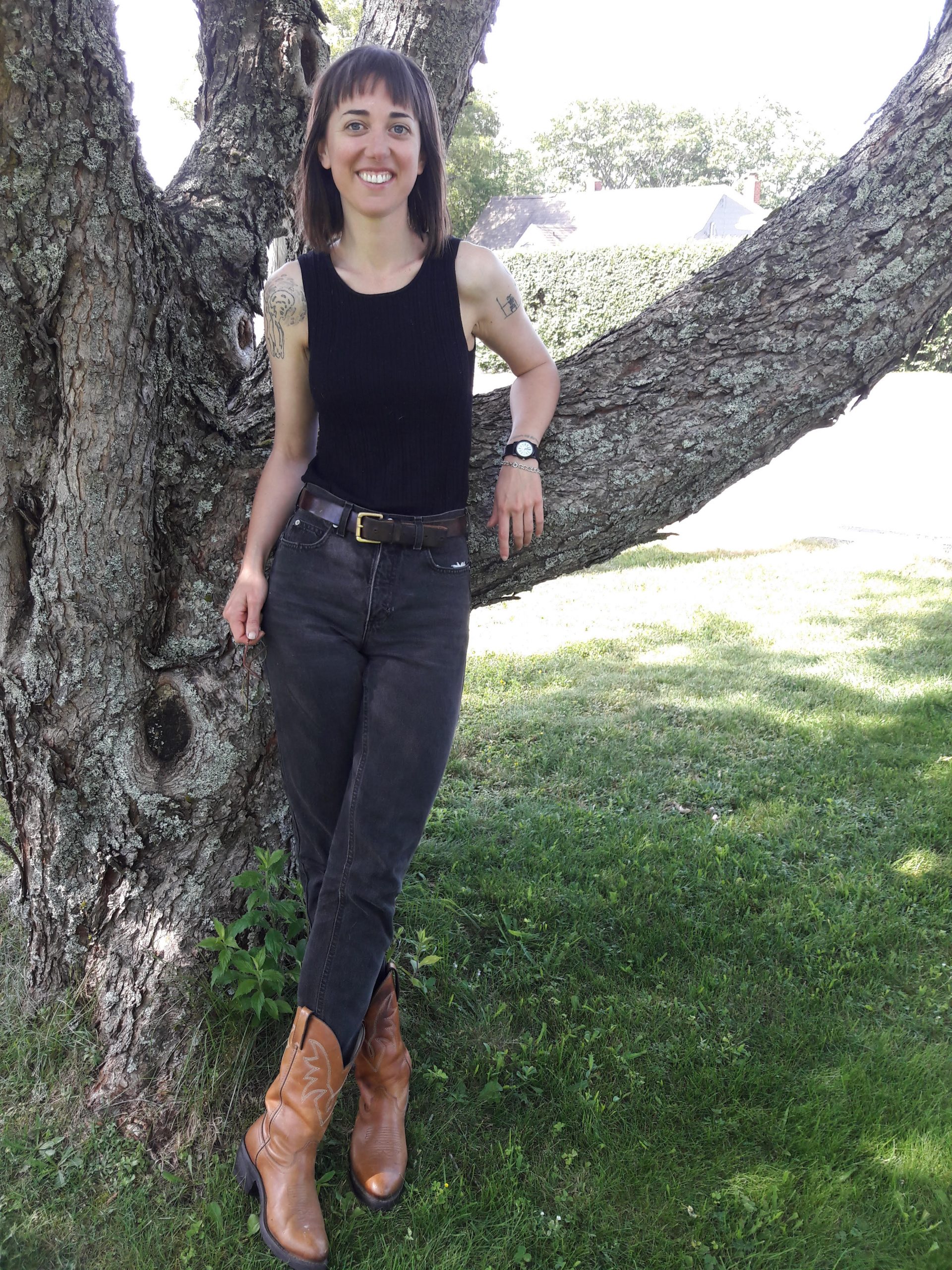 Veronika Post: I invent fictional characters and place them in real-life scenarios to replay conversations or events. The inspiration for my illustration comes from Herge, Mizuki, and other artists that use cartoonish characters with realistic backgrounds. I generally like to draw things light and breezy, and I like to take time with the details in scenery, especially architecture and landscape scenes.
Veronika Post: I invent fictional characters and place them in real-life scenarios to replay conversations or events. The inspiration for my illustration comes from Herge, Mizuki, and other artists that use cartoonish characters with realistic backgrounds. I generally like to draw things light and breezy, and I like to take time with the details in scenery, especially architecture and landscape scenes.
How did Langosh and Peppi: Fugitive Days come about?
My own travels through Hungary, Slovenia, and Bosnia, and my relationships and friendships with people at the time. I wanted to depict what I saw there, especially the refugee crisis in 2015, but mostly I wanted to talk about people coming to terms with their own past, and also coming to terms with painful histories and destructive cycles, both politically and personally. I invent fictional characters and place them in real-life scenarios.
Has your creative process impacted your experience of the pandemic and vice versa?
Before the pandemic, I spent so much time alone, at home, working on my book that lockdown didn’t feel very different for me. I was stressed about the health and wellness of my community, and the impact that COVID-19 was going to have globally, but my day-to-day routine didn’t actually change very much. If anything, it gave me more time to reflect on what I should do next, and I started working on a new book. I didn’t draw very much this past year. I would get out my pens and make something for a special occasion, but I mostly worked on writing. I am thankful for the positive response to Fugitive Days, because it has been encouraging and stimulating to get so much feedback.
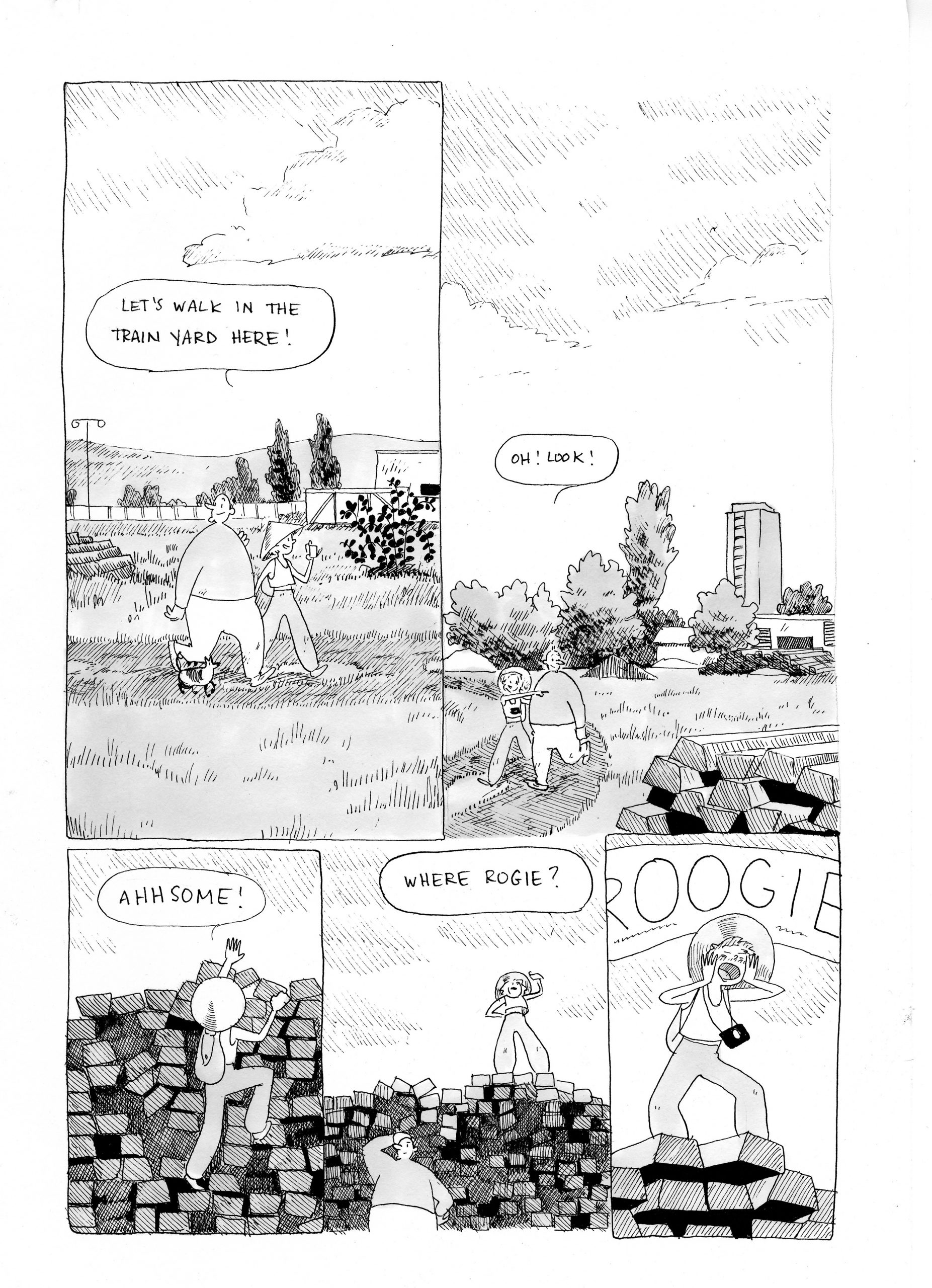
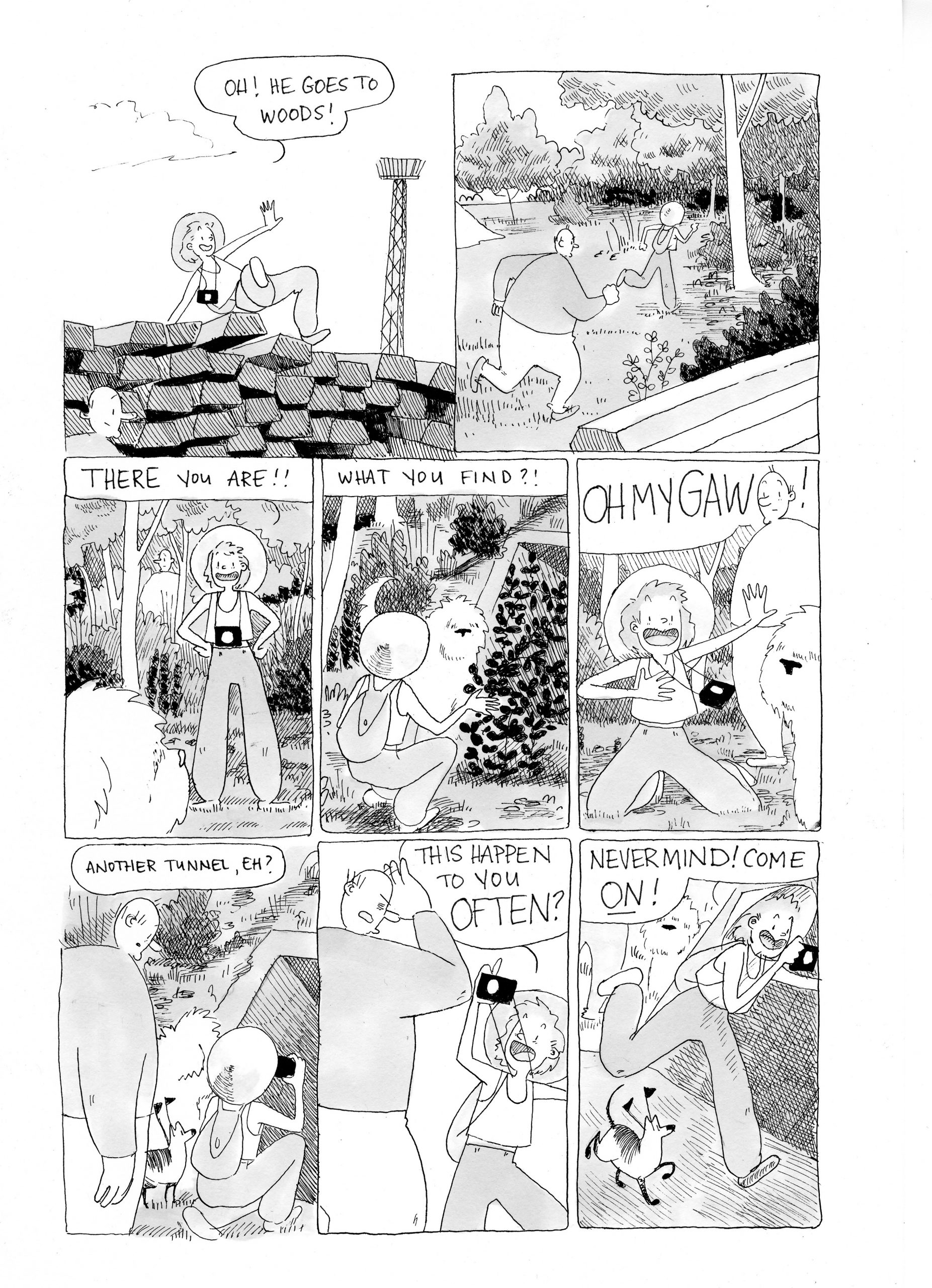
The Egghead Award for Best Kids Book
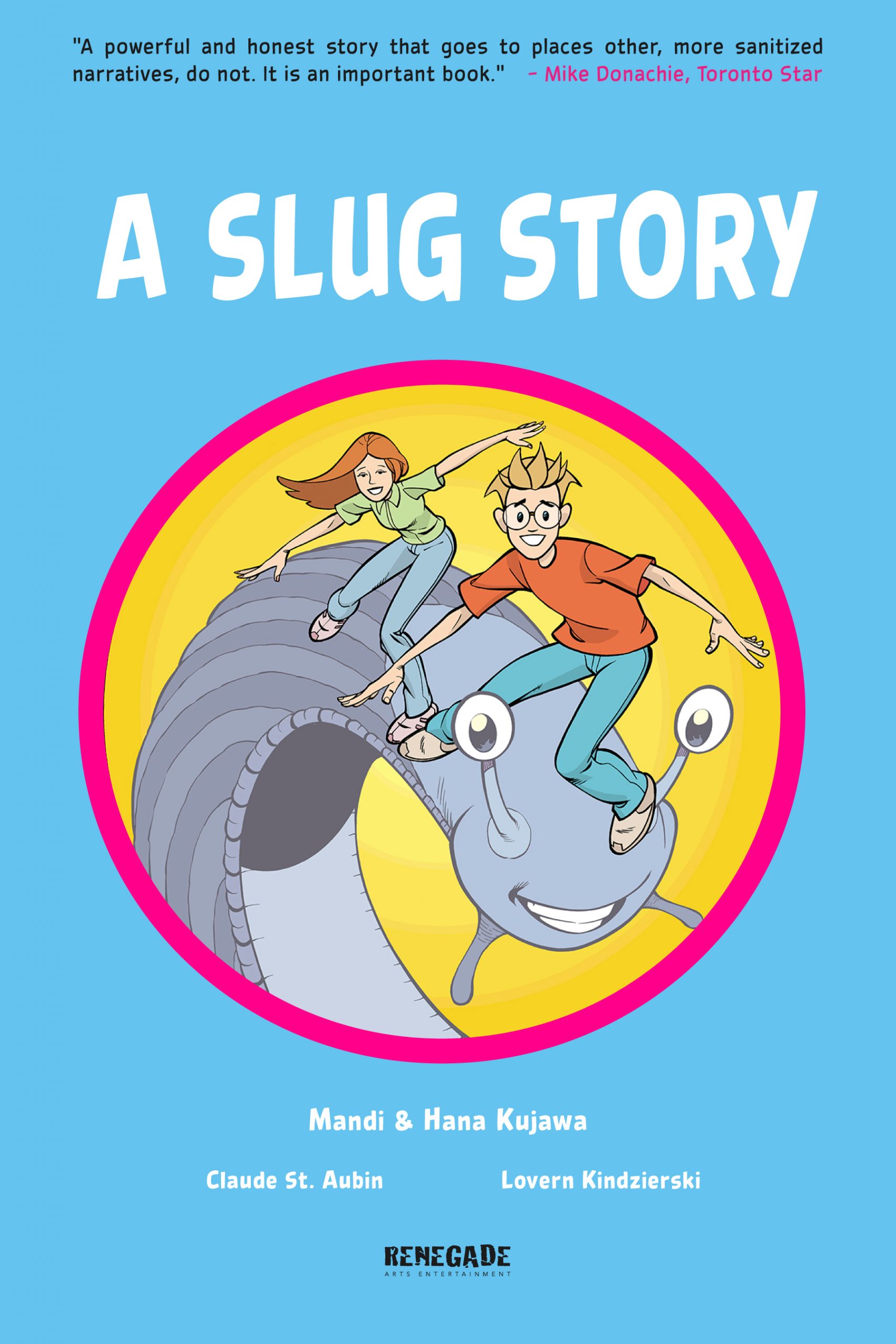
A Slug Story
by MANDI and HANA KUJAWA, CLAUDE ST. AUBIN
& LOVERN KIDZEIRSKI
Renegade Arts Entertainment
Semi-autobiographical, A Slug Story is about an enthusiastic young boy, Marcus, who is ridiculed at school and then suffers a serious brain injury. While in the hospital, and with the help of his fellow patient Emily, Marcus learns to embrace the reality of what happened and who he is now that it’s passed. It’s written by the mother-daughter duo Mandi and Hana Kujawa. We spoke to Mandi about the project.
How was your experience at the Doug Wright Awards?
 Mandi Kujawa: It’s a great honour, and it means that the book might more likely find its way into the hands of someone it can be helpful for.
Mandi Kujawa: It’s a great honour, and it means that the book might more likely find its way into the hands of someone it can be helpful for.
Where do your stories come from?
Often they’re from oral stories that I would tell out loud to children. If a particular story resonates with the kids, I feel inspired to do the work to polish it into something that I can repeat to others. That’s how Jacqueline the Singing Crow came into being.
What was the inspiration for A Slug Story?
A friend of Hana’s told me he had “a great idea for a children’s story about a slug that stays a slug.” As soon as I heard that idea, it lit something inside of me. There are so many books written about the one person who goes on to be incredibly accomplished in their field. I wanted to celebrate everyone else as well! There are so many more people who will never win gold in the Olympics, or who will never be a rockstar. How do we celebrate our own lives and accomplishments then?
I was partway through a draft when Hana sent me an essay she’d written about her feelings after her first series of hospital visits. It was her way of coping after being told by well-meaning people that she had “manifested” her illness or that she could heal herself by adopting a new attitude. There she was coping with the loss of her exceptional memory, of her ability to drive a car, of her options at university, and then she was also told that those things were her fault. That essay was incorporated into the storyline, and that’s when the book became a collaboration.
“There are so many books written about the one person who goes on to be incredibly accomplished in their field.”
Has writing and/or illustrating impacted your experience of the pandemic and vice versa? If so, in what ways?
As it turned out, I was required to see a neurologist myself during the pandemic. It was frightening to go for my MRIs knowing that all but the most essential scans had been canceled. I knew that did not bode well for my outcome. I was terrified and distressed.
All through the pandemic I’ve been imagining people going through their personal health crises, and then having the extra burden of being in hospital at such a stressful time in history.
